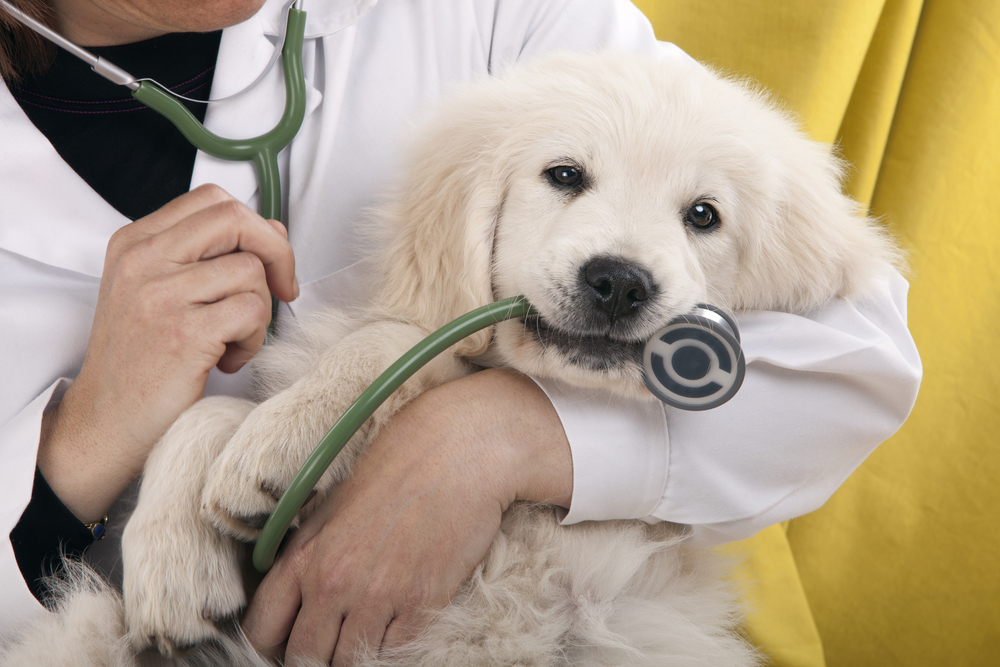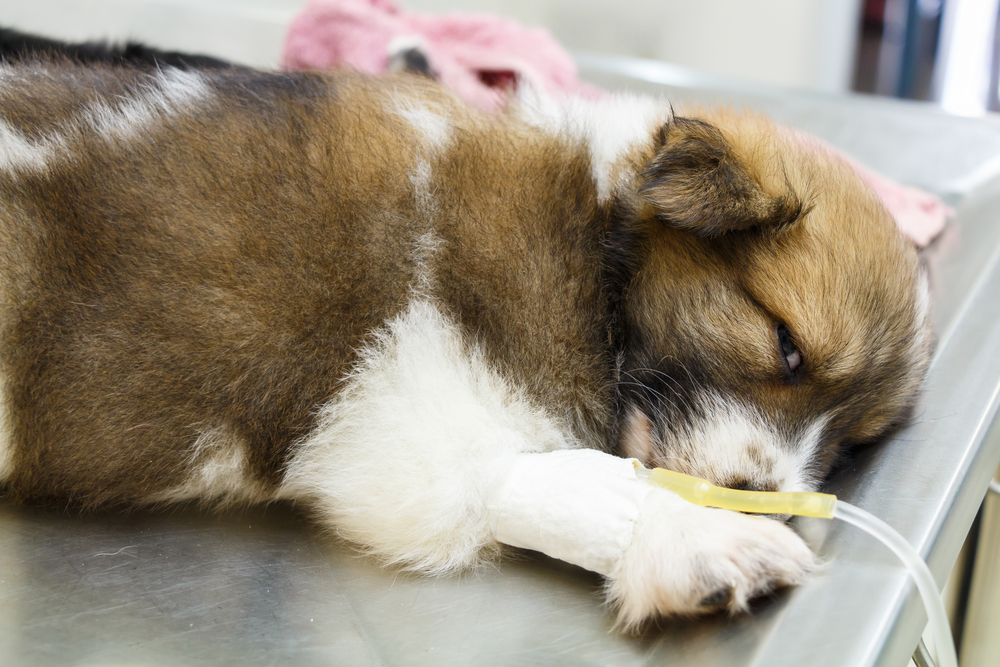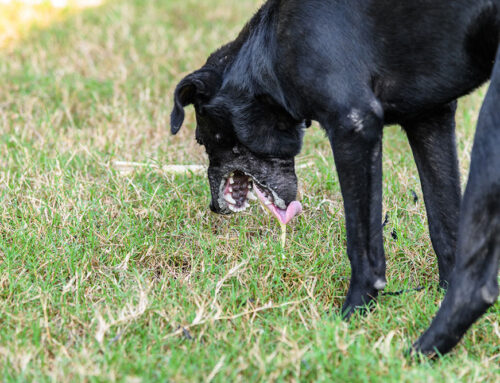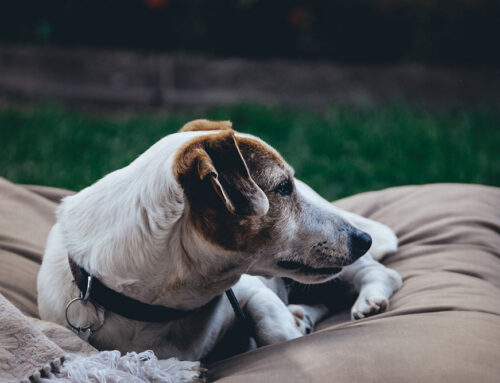If you have a puppy, parvovirus (parvo) is a disease that might send shivers of fear down your spine. Parvovirus is a highly contagious viral infection that primarily affects dogs, although it can also affect other mammals, such as cats and, in rare cases, people. Parvovirus is virulent and spreads quickly among pet populations, which is why you must learn to recognize the causes, signs, and preventive measures to keep your four-legged friend safe. To help you understand this condition’s harmful effects, our Peak Pet Urgent Care team provides you with the facts about parvovirus and its treatment.
Canine parvovirus explained
Canine parvovirus (CPV) is a resilient and highly contagious gastrointestinal (GI) virus. CPV-2, which affects dogs, emerged in the late 1970s and has since become a significant concern for dog owners and veterinarians worldwide. CPV-1 affects cats.
Parvoviruses attack rapidly developing cells, such as those in the intestinal lining, bone marrow, and lymph system. After destroying an affected pet’s intestinal tract lining, the condition can result in bloody diarrhea and cause secondary bacterial infections that enter the bloodstream.
Parvo is transmitted through direct contact with an infected dog’s feces, saliva, or vomit. The virus can survive in the environment for extended periods, making it highly contagious and easily transmissible through contaminated objects such as food and water bowls and bedding. Pet owners may inadvertently spread the disease by bringing it into the house on their clothing, or if they have stepped in feces or been in contact with an affected pet or wildlife.
Why are puppies at a greater risk?
Puppies between the ages of 6 weeks and 6 months, before being fully vaccinated, are at greater risk of contracting and dying from parvo. A puppy up to 6 weeks old, whose mother has been vaccinated against the disease, should still have their mother’s antibodies. Vaccines, including the parvovirus vaccine, should be administered to puppies older than 6 weeks of age, with additional vaccinations at 8 and 12 weeks of age. Any adult pet who has not been vaccinated against parvovirus is at risk.
Signs of parvovirus in pets
By the time a pet starts showing parvo signs, they are already quite sick and need immediate veterinary attention. In severe cases, parvovirus can lead to life-threatening complications, such as septic shock and organ failure, especially in young puppies with underdeveloped immune systems. Parvovirus signs vary depending on the infection’s severity, but common signs include:
- Severe diarrhea, often bloody
- Vomiting
- Loss of appetite
- Weight loss
- Weakness
- Lethargy
- Fever
- Dehydration
Treating parvo in pets
Prompt veterinary care and quarantine are essential for dogs suspected of having parvovirus. Hospitalization may be necessary in severe cases for intensive monitoring and ongoing treatment. Treatment typically involves:
- Supportive care to address dehydration, electrolyte imbalances, and secondary bacterial infections
- Intravenous fluids
- Anti-nausea medication
- Antibiotics
- Nutritional support
- Monoclonal antibody treatment
Keeping your pet safe from parvovirus

The most effective way to prevent your pet from contracting this disease is by ensuring they have been vaccinated against parvo and other diseases. Puppies should begin their vaccination series starting at around 6 to 8 weeks of age, with booster shots given every few weeks until they are around 16 weeks of age. Adult dogs should receive regular booster vaccinations as recommended by their veterinarian. Cat owners should heed their veterinarian’s advice on the timing for feline core vaccines.
In addition to vaccination, practicing good hygiene and sanitation is crucial for preventing this virus’ spread. To help prevent your pet from contracting parvo, follow these tips:
- Regularly disinfecting food and water bowls, bedding, and other pet belongings
- Avoiding contact with dogs of unknown vaccination status
- Properly disposing of pet waste
- Washing hands thoroughly after handling dogs
- Keeping unvaccinated puppies away from other dogs until they are fully vaccinated
Parvovirus is a serious and potentially life-threatening disease that requires prompt attention and proactive prevention measures. Contact our team at Peak Pet Urgent Care if your pet is showing illness signs or if you would like additional information about vaccinations.







Leave A Comment